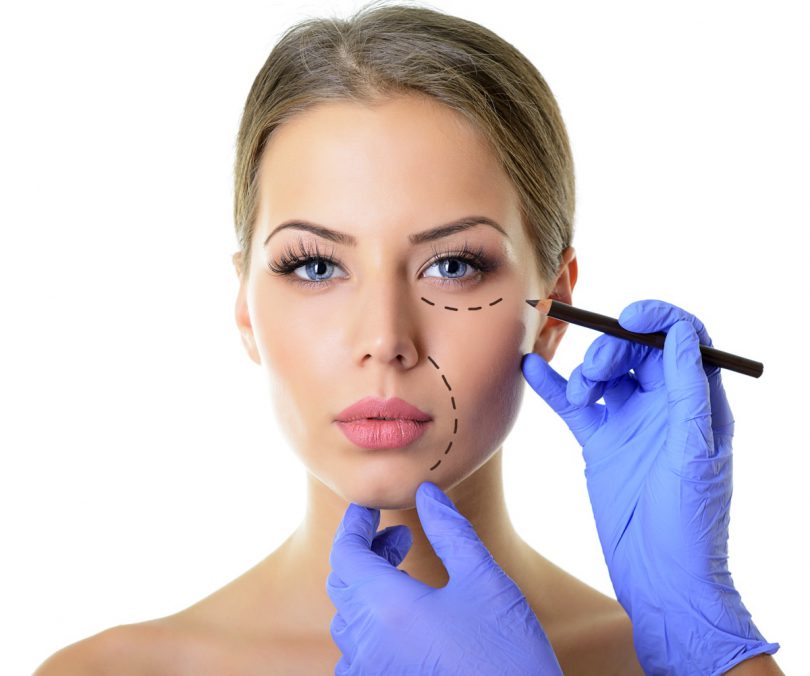Cosmetic surgery is a $6 billion-a-year industry but has included cowboy operators, leaving patients disfigured and traumatised.
Under current laws, ordinary doctors can call themselves a cosmetic surgeon even though they have not completed the eight to 12 years of formal training required of registered plastic surgeons.
Updated guidelines from the Medical Board of Australia, which come into effect on July 1, will also require a GP referral for anyone seeking cosmetic surgery, including Botox injections.
Surgeons will also have to screen patients for underlying psychological conditions that could make them unsuitable for cosmetic procedures.
“If screening indicates the patient has significant underlying psychological issues, such as body dysmorphia, which may make them an unsuitable candidate for the cosmetic surgery, they must be referred for evaluation to a psychologist, psychiatrist or GP,” the new Medical Board guidelines state.
But Guildford’s Prestige Medical & Cosmetics say it’s a case of overkill.
“It’s ridiculous that someone wanting to look a bit prettier might need psychotherapy,” team member Kaylah said.
“We already have qualified doctors and nurses administering our procedures and that’s enough; we live in such a controlled world as it is.”
However Lidcombe’s J Medical & Cosmetic Centre’s practice manager Ryan Oh believes that better regulation is a good thing.
“We have patients coming to us to have work fixed done by others so if these new moves help protect the patient, we are all for it,” he said.
“Our onsite doctors are fully qualified but that certainly isn’t the case everywhere.”
Other cosmetic surgery and injectable providers contacted by the Review did not know enough about the new guidelines or did not want to comment.
Take aim at cowboys in cosmetic surgery sector
IN an effort to clean-up the beauty industry, people seeking cosmetic surgeries may need a psychiatrist referral under strict new laws imposed by the Medical Board, with local providers divided on the move.


